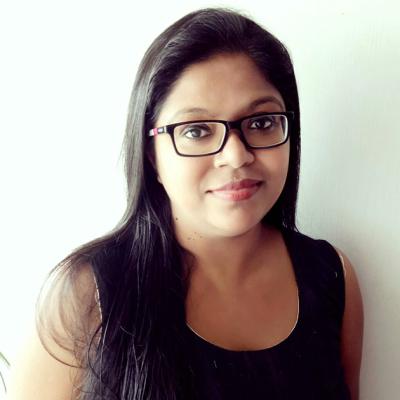In many developing countries, national governments have encouraged local management of natural resources, especially forests, with the goal of alleviating poverty and promoting gender equality in local development. However, local participation isn't always democratic participation, particularly when it comes to gender. 2016-2017 Banting Postdoctoral Fellow Mayuri Sengupta is exploring the particular power hierarchies that women in Tripura, India, face when they engage in forest management.

Research topic
Research Description
In the past two decades, national governments in many developing countries have decentralised policies related to the environment that encourage local management of natural resources, especially forests. These policies are promoted in the belief that these strategies will alleviate poverty and achieve gender equality in local development. In Tripura and elsewhere in India, the Joint Forest Management is one such initiative adopted by the national government that encourages local community participation in conserving forest resource base and in reducing economic dependency of forest dwellers. However, existing research in India has outlined that local participation in resource management has been far from democratic and there is growing marginalization of women in decision-making process in environmental management. This ethnographic study aims to examine the gendered implications of local forest management in Tripura by drawing attention to how tribal women are subjected to particular forms of power hierarchies in engaging in environmental management. This study draws on the conceptual framework in the field of gender, environment and development studies and adopts an interdisciplinary approach that brings to this research an understanding of political science feminist-ecological theories and anthropological methodology.
Why did you decide to pursue a postdoctoral fellowship at UBC? Did you consider other opportunities?
I wanted to pursue my postdoctoral research at a top research intensive university. The University of British Columbia has a tremendous track record in academic achievements and research collaborations. While I did consider other opportunities, UBC was always my first preference because of its outstanding research environment, international ranking and scope for extensive professional development as a postdoctoral fellow.
What specifically attracted you to your research group?
The Institute of Gender, Race, Sexuality and Social Justice (GRSJ) is a premier teaching and research institute at UBC which provides a fertile environment for interdisciplinary research collaborations. The research team called EDGES (Environment and Development: Gender, Equity and Sustainability) is one such collaborative space within the Institute. Comprised of young scholars, the EDGES team provides opportunities for actively participating in joint projects and peer-to-peer engagement and support.
What advice do you have for new postdoctoral fellows?
The academic world is extremely competitive and facing rejection at different levels is a part of the tedious process. However, perseverance is the key to your success.
What do you like to do for fun?
I love to play outdoor games with my son.
What is the most enjoyable aspect of your postdoctoral fellowship?
The feeling of having made it to the final list is truly amazing. To receive funding from a prestigious organisation at the very beginning of my career and to be able to work on my own project is the most enjoyable bit.
What are the biggest challenges you have faced, or anticipate facing, in your career?
The biggest challenge I have faced is to balance my academic life with parental responsibilities. A career in academics is very challenging, highly competitive and extremely time consuming. Making time for my three year old son became increasingly difficult with the demands and responsibilities of an early career researcher. However, endless coffee and sleepless nights are a part of the deal!
What does receiving this award mean for your career?
Receiving Banting Fellowship has boosted my self-esteem and confidence and motivated me to stay focused in pursuing my academic dream. It has made me realize that it is possible to simultaneously be a parent and an academic.
What do you think the next step in your career will be?
The Banting fellowship has provided me the necessary recognition, time, resources and training opportunities to pursue a career in academics. I intend to utilize this scope and make myself competitive enough to find a permanent position at a premier academic institution.